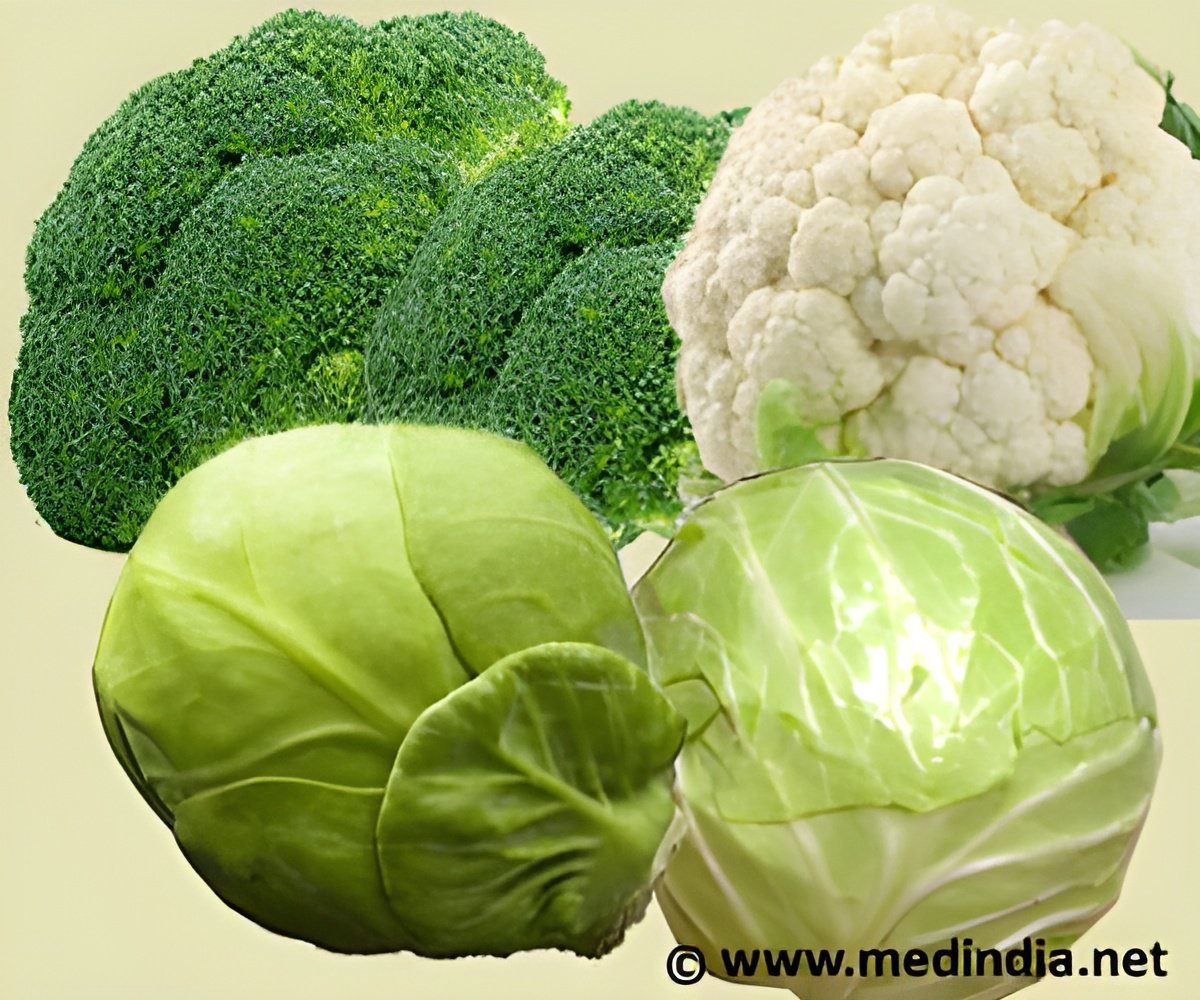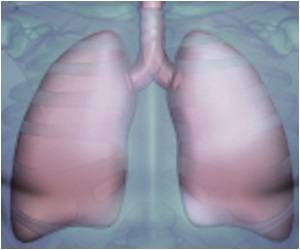
At the AACR poster session "Mechanisms of Chemoprevention," Shivendra Singh, Ph.D., UPMC Chair in Cancer Prevention Research and professor in Pitt's Department of Pharmacology and Chemical Biology, will oversee four presentations by Pitt pharmacology and chemical biology researchers on plant-derived compound discoveries in his laboratory.
Dr. Singh will discuss how withaferin A, derived from an Indian medicine plant, binds to tubulin, a well-known target for drug treatment in breast and other cancers. This compound binds tubulin in the cancer at a site distinct from those affected by other clinically used tubulin targeting agents. Notably, this effect of withaferin A is selective for cancerous breast cells.
Eun-Ryeong Hahm, Ph.D., will discuss how diallyl trisulfide, an oil-soluble molecule created by chewing of allium vegetables, such as garlic, decreases levels of the estrogen receptor-alpha protein in breast cancer cells and inhibits growth of breast cancer stem cells by decreasing levels of two other proteins.
Su-Hyeong Kim, Ph.D., will discuss how benzyl isothiocyanate, a molecule found in edible cruciferous vegetables, such as garden cress, works in breast cancer cells to decrease levels of Bmi-1, a protein that controls genes responsible for cell proliferation.
Anuradha Sehrawat, Ph.D., will discuss how breast cancer stem cell growth is inhibited when a protein called Ron sensitizes the stem cells to the benzyl isothiocyanate molecule in cruciferous vegetables. The molecule then induces breast cancer stem cell death.
Advertisement














